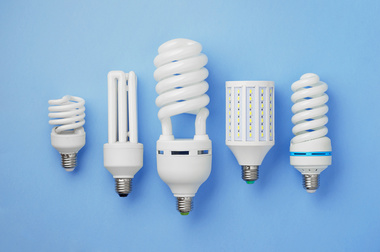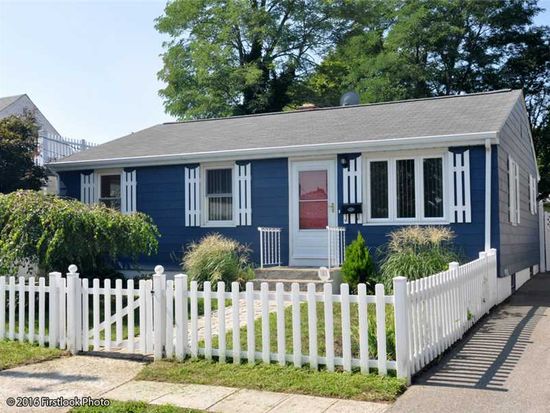Different types of light bulbs work best in different situations, so it can pay to double-check all your home’s light bulbs. Bulbs vary in type, wattage, the amount of light they produce, the color of light that they produce and the amount of energy they use. As with anything in life, each light bulb has its advantages and disadvantages, so you will have to balance each of these factors when selecting a type of light bulb to use in your home.
Check the Box
Fortunately, light bulb boxes have tons of useful information listed on them. You just need to learn how to interpret it all. The “Lighting Facts” label will provide you with information regarding brightness, energy cost, light appearance (warmth, color), mercury content, wattage and life expectancy.
What Kind of Lighting Do You Need?
Typically, light fixtures can be divided into three categories: ambient lighting, task lighting and accent lighting. Most rooms in your home will include an ambient light fixture that brightens the whole room. In addition to ambient lighting, most rooms will also need task lighting. Consider areas of your home where you will need to see clearly to complete a task. Prime examples of this are your kitchen counters, desks, reading nooks and nightstands.
Incandescent, CFLs, LEDs or Halogen Bulbs?
Incandescent light bulbs are the most traditional choice, but many modern homes are foregoing incandescent bulbs in favor of more energy-efficient options. Incandescent bulbs are known for their warm, glowing light—a light that works well for providing ambient lighting in cozy spaces.
Compact fluorescent bulbs, or CFLs, are more energy efficient than incandescent bulbs, but they do contain some mercury, which means that you have to be more careful when handling and disposing of CFLs than with other types of bulbs. They typically produce a cool, white light, but it is possible to find a wide range of colors and brightness when shopping for CFLs.
LEDs are another energy-efficient option, but they tend to last much longer than CFLs. Like CFLs, LEDs come in a wide range of colors and brightness. It is important to note that they tend to get less hot to the touch than other types of light bulbs. Because of their versatility and energy efficiency, they are a popular choice of many homeowners. They are one of the more expensive options, but many cities and states with green initiatives offer rebates on LED bulbs, so they can end up being more affordable than many other options.
The last type of light bulb is a halogen bulb. These bulbs emit a bright, white light that is similar to daylight. Because of this, they are popular for task lighting. Halogen bulbs are less energy efficient than LED or CFL bulbs but more energy efficient than incandescent bulbs.
The key to choosing the right light bulb for any space is to first decide what you would like the light bulb to accomplish (task lighting or ambient lighting) and then decide which type of bulb suits your needs and your budget. Call or email us for more targeted information on your specific light bulb needs.

